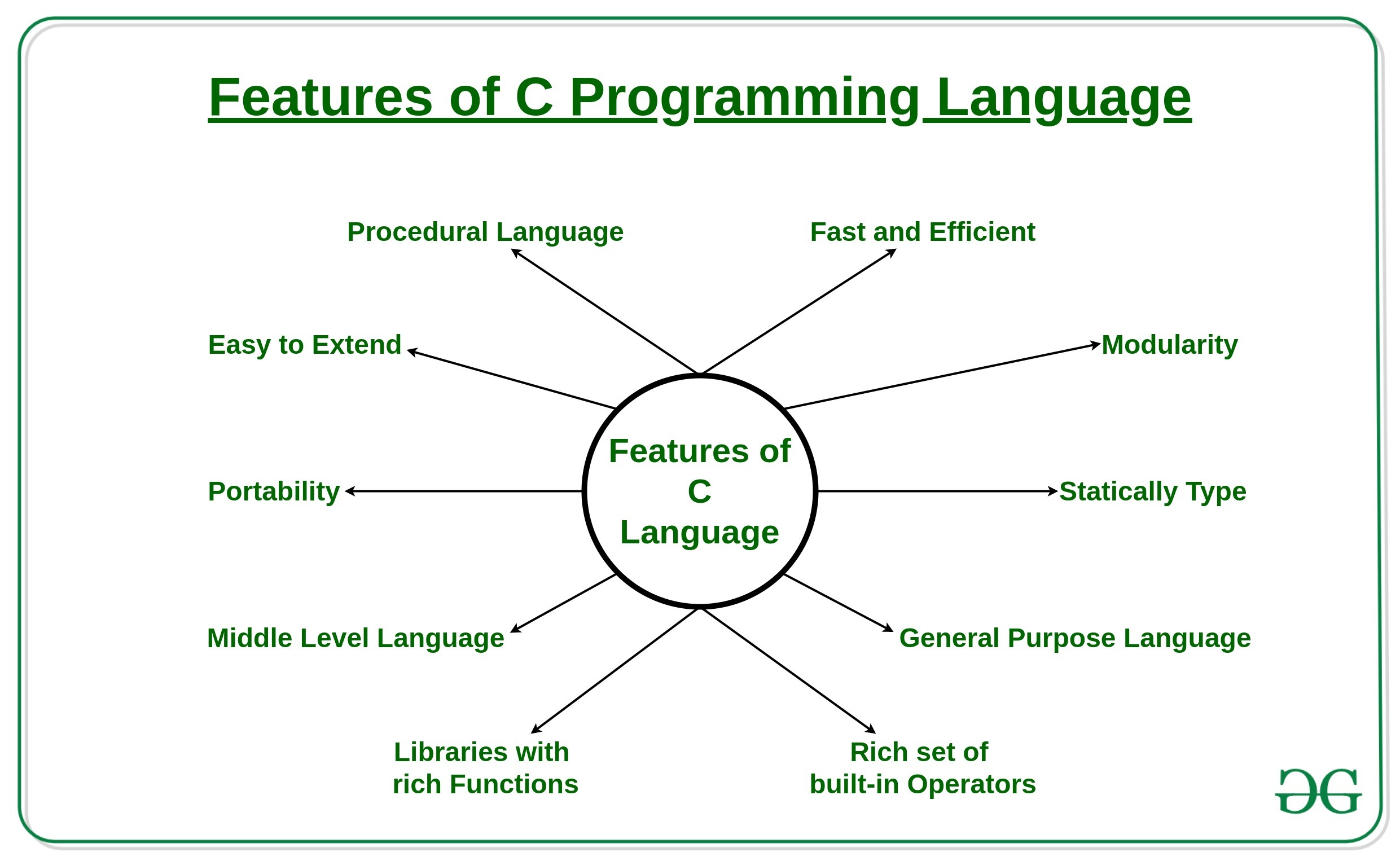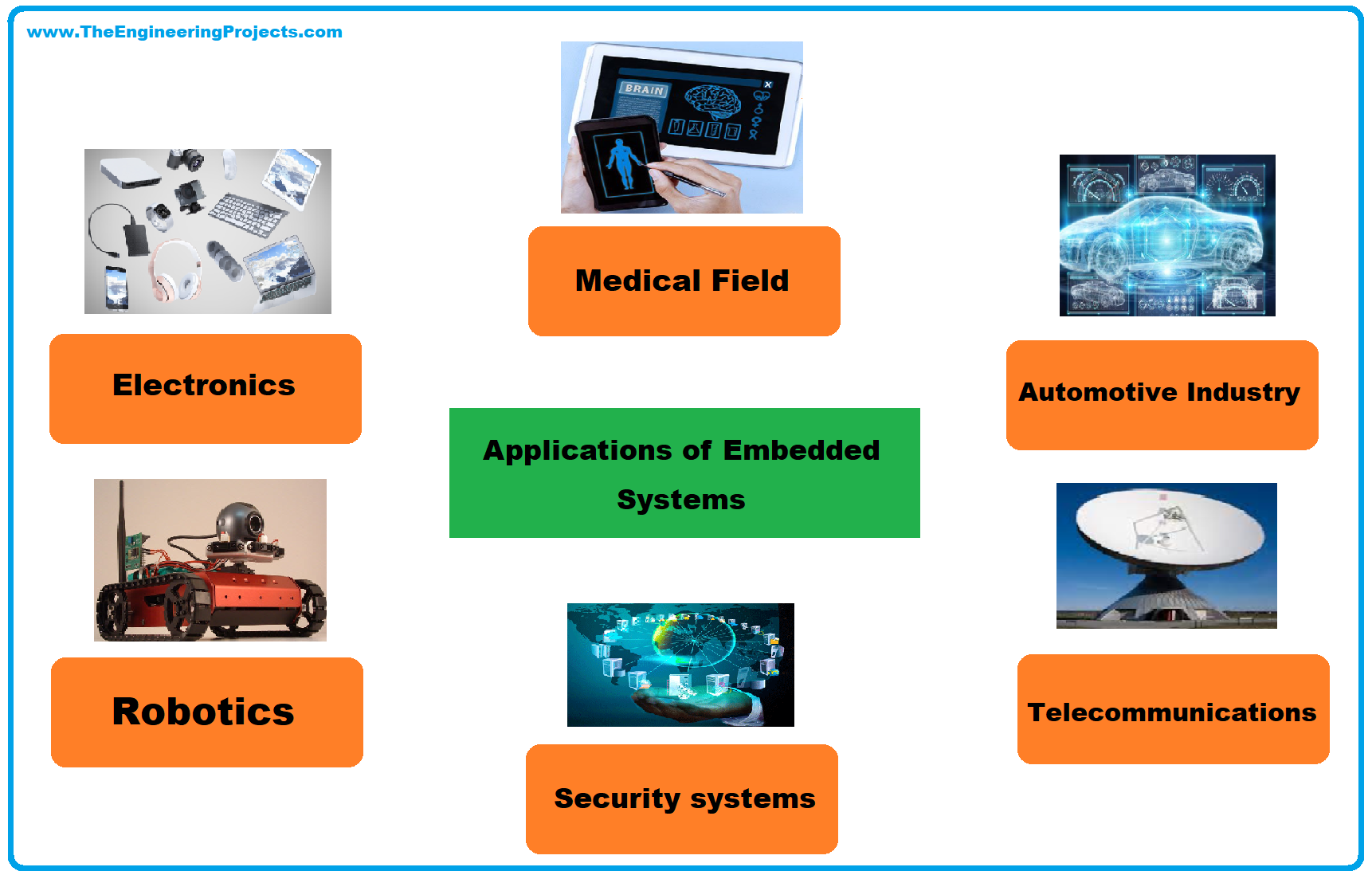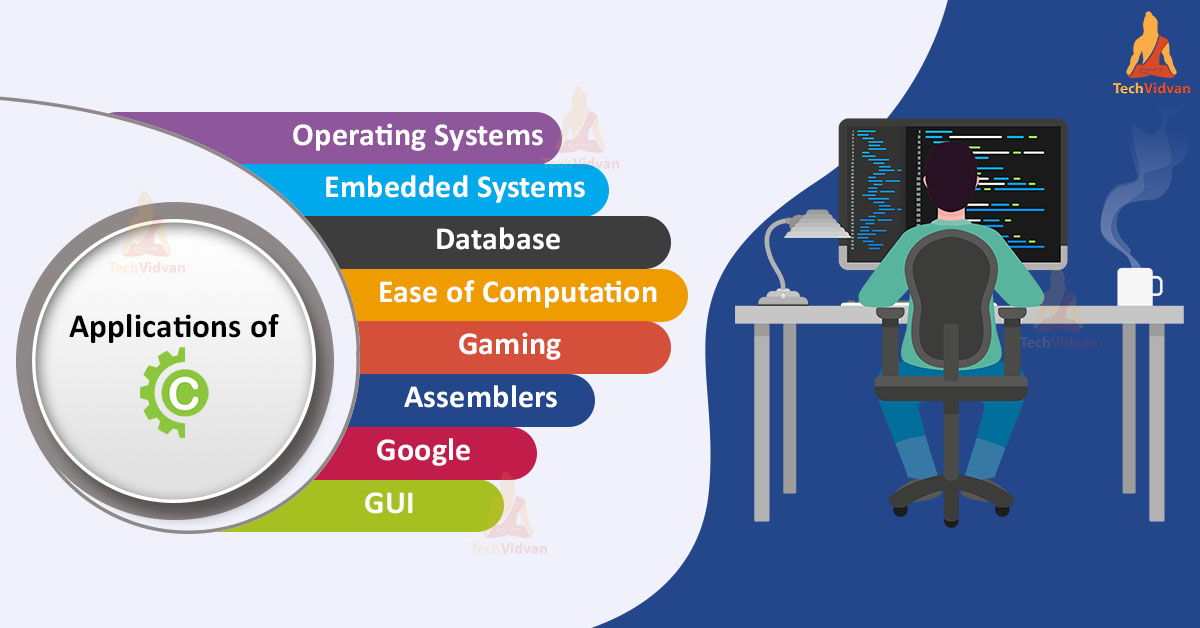C Language Presentation
| Introduction to C Language | ||
|---|---|---|
| C language is a widely used programming language. Developed in the early 1970s, it is known for its efficiency and portability. C language provides low-level access to memory and is widely used for system programming. | ||
| 1 | ||
| Features of C Language | ||
|---|---|---|
| C language is a structured programming language that supports modular programming. It offers a rich set of operators and control structures for writing efficient code. C language allows direct manipulation of bits, making it suitable for hardware-level programming. | ||
| 2 | ||
| Applications of C Language | ||
|---|---|---|
| C language is commonly used for developing operating systems and embedded systems. It is widely used in developing software for microcontrollers and IoT devices. C language is also popular for implementing system software, device drivers, and compilers. | ||
| 3 | ||
| Advantages of C Language | ||
|---|---|---|
| C language provides high performance and efficiency due to its close-to-hardware nature. It has a large community and extensive libraries, making it easy to find help and resources. C language code is portable and can be easily compiled and executed on different platforms. | ||
| 4 | ||
| Conclusion | ||
|---|---|---|
| C language is a powerful and widely used programming language offering efficiency and portability. Its features, applications, and advantages make it a popular choice for system and hardware-level programming. Learning C language opens up opportunities for various fields and enhances programming skills. | ||
| 5 | ||




